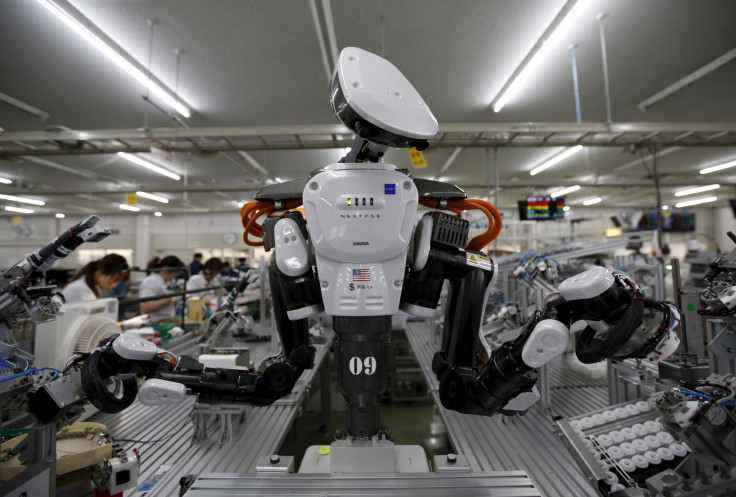Japan's Economy: Uptick In Output, Retail Sales Raise Hopes Of A Rebound

Japan’s economy showed initial signs of a recovery as the production of electronic devices and cars boosted industrial output in October, according to preliminary trade ministry data released Monday. Industrial output rose for the second consecutive month while monthly retail sales in the island nation also showed a modest uptick.
The data showed October factory output rose 1.4 percent from September, driven by a higher demand for Japanese cars and electronics, and underlining analysts’ expectations that the economy is reportedly headed for a minor rebound in the October-December quarter.
Japan’s economy slid into a technical recession after its GDP shrank for a second straight quarter in September -- the country’s second in as many years. According to data released last week, household spending and consumer inflation also weakened, piling pressure on the Bank of Japan (BoJ) to ramp up its already massive stimulus.
While the growth in industrial production indicated that Japan’s recession may be temporary, the trade ministry was cautious in its forecast for the rest of the year. Manufacturers surveyed by the ministry expect output to rise 0.2 percent in November and decrease 0.9 percent in December.
Retail sales proved to be another bright spot in October, separate data released Monday showed. Retail sales were up 1.8 percent in the year to October as sales of clothes, food and drink, cars and home appliances drove growth.
"Fine weather and a rise in Chinese tourists helped spur retail sales, which have held firm since summer despite some weakness in items such as home appliances," Junichi Makino, chief economist at SMBC Nikko Securities, told Reuters.
Government data released Friday showed that while unemployment in the country fell to a two-decade low in October, tight labor markets restricted wage growth -- a key influencer of consumer spending and inflation. The data on wages cast doubts over the BoJ’s inflation target of 2 percent by early 2017. It has also raised questions over the viability of the “Abenomics” approach to recovery -- named after Prime Minister Shinzo Abe ’s policies -- which involves pumping large quantities of cash into the economy to boost spending.
© Copyright IBTimes 2024. All rights reserved.




















